Meet the super-commuters
We talk to the intrepid travellers of Britain.


How long did it take you to get to work this morning? Thirty minutes? Fifty? Perhaps a little more? Do you bore on endlessly about the horrors of your journey? Actually, in the grand scheme of things, you’re a bit of a lightweight.
Although the average Briton’s journey to work takes some 30 minutes, there’s a heroic sub-species that spends more than three hours a day in transit. For these plucky few, the working day begins at some ungodly hour on a dimly lit provincial station platform and ends more than 13 hours later as they finally return, victorious, to their front door. Battle-weary they may be, but they’re also strangely cheerful. What’s more, according to recruitment agency Randstad, their numbers are swelling.
In 2013, it surveyed more than 2,000 British workers and found that the number of people travelling more than 90 minutes each way to work has doubled from one in 20 to one in 10 since 2008.
Wiltshire-based fund manager Rupert Welchman is an example. ‘I leave the house every morning at 6.15am and cruise down the hill to Tisbury station on my Brompton bike, where I board the 6.24am to Waterloo,’ he explains. ‘I arrive one hour and 51 minutes later, reassemble my bike and cycle the mile and a half in to St James’s Square.’
This has been his routine for 4½ years and he’s bullish about its merits. In fact, his description of life on board is more reminiscent of the golden age of travel than a stuffy commuter train. ‘I feel sorry for the people getting on at Overton [in Hampshire] and beyond,’ he insists. ‘They always have to desperately squeeze into the last seat in a group of four. Those of us who join the train early can take our pick of the seats, stretch out and luxuriate.’
Mr Welchman dismisses his previous commute, a 10-minute hop from Clapham Junction to Waterloo, as ‘a sweatfest’. And, indeed, there’s evidence to suggest that longer journeys to work might actually be better for you than short ones. Early last year, the Office for National Statistics’ survey on the relationship between commuting and general well-being made sobering reading for most but not for those who undertake epic journeys.

‘When commuting time reaches three hours or more, the negative effects on personal well-being disappear, suggesting that those with very long commutes have quite different experiences than those travelling for less time,’ it states. Super-commuters, it found, also tend to be in a higher wage bracket than their short-haul comrades.
Exquisite houses, the beauty of Nature, and how to get the most from your life, straight to your inbox.
One explanation for the positive impact that long commutes seem to have on people’s lives is that they allow those making them to be more productive. Bertie Hoskyns-Abrahall, a partner at Withers LLP who commutes weekly from Newcastle to King’s Cross (2½ hours down, three hours back), has certainly found this to be the case. ‘Having a longer train journey means you can devote a good block of time to a task and actually get quite a bit done,’ he reports.

Living well away from work has plenty of other advantages, as described by James Mackenzie, the head of Strutt & Parker’s country-house department, who commutes regularly between Bath Spa and London Paddington a journey time of about 90 minutes. ‘For six or seven months of the year, it really is rather lovely,’ he says. ‘When I get up, it’s light and I look out of my window at fields. Then, I walk down the hill to the station and, an hour and a half later, I’m walking through Marble Arch. I do pinch myself sometimes. The contrast is exhilarating.’
His journey would have been half an hour shorter in the 1950s when Reading was less congested, but Network Rail’s plans to electrify lines on the First Great Western route between London and Bristol by 2016 will soon cut it back to an hour.
For long-distance commuters with families, there’s often a sense of ‘taking one for the team’. In general, the further you are from London, the better your children’s quality of life and, of course, the lower the property prices. Management consultant Simon Tuke-Hastings, who left London to be near his wife’s family farm, takes a train from Sandy on the Cambridgeshire–Bedfordshire border down to the City each morning, arriving at the office one hour and 40 minutes after leaving his house. It once took him seven hours to get home, but, sensibly, he doesn’t dwell on that.
‘Commuting that distance is no joke,’ he admits. ‘But, as soon as you walk through the door on Friday evening, you start to reap the rewards. Friends in London may have arrived home for bathtime on Friday, but Saturday is spent queueing for the swings in a polluted city park.’

Headhunter Richard Buckingham agrees that it’s a trade-off. He commutes daily to London from Suffolk: a three-hour round trip. It’s a big change from the routine at his last job, in Manhattan, USA, which allowed him to roll out of bed at 7.15am and still be in the office by 8am. ‘The convenience of New York was fantastic, but we’ve been more than compensated for losing that in Suffolk: a good-sized house, chickens and children making camps in the garden.’
The same is true for Mr Hoskyns-Abrahall. ‘The children’s idea of a treat is now watching the salmon jump on the River Tyne. And I have a legitimate excuse for owning a chainsaw and a quad bike, so I’m blissfully happy,’ he confesses. Notching up the hours on public transport might not be everyone’s idea of a good time, but for Britain’s intrepid commuting crusaders, it’s not all bad.
Super-commuter havens
Bath, Somerset 90 minutes into Paddington, soon to be just 60 when First Great Western electrifies the lines Brockenhurst, Hampshire 90 minutes from the New Forest to London Waterloo, courtesy of fast trains from Weymouth
Castle Cary, Somerset 115 minutes into Paddington and only one train an hour at peak times. Not for the faint-hearted (or unpunctual), but blissful countryside.
Diss, Norfolk The 100 minutes from open country into Liverpool Street (three trains an hour at peak times) make this a popular long-haul choice
Kingham, Oxfordshire Country Life’s favourite village of 2004—just 90 minutes into Paddington
Norwich, Norfolk 114 minutes into Liverpool Street for City workers partial to sailing
Retford, Nottinghamshire 100 minutes from good sporting country—the ssurrounding area borders Belvoir country and is near the big shooting estates— into King’s Cross
Tisbury, Wiltshire 110 minutes into Waterloo from a properly rural area
York, North Yorkshire 130 minutes into King’s Cross is just about doable for dauntless Northerners on the move Times given are approximate, based on peak-time train
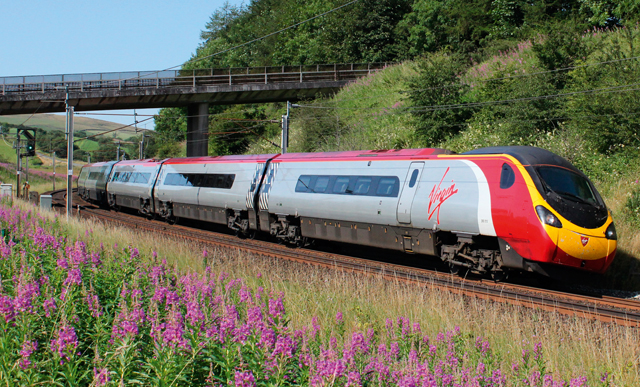
Where to live near London: top commuter stations
Commuter heaven is an efficient train that's far out enough to get a seat, but near enough to get you
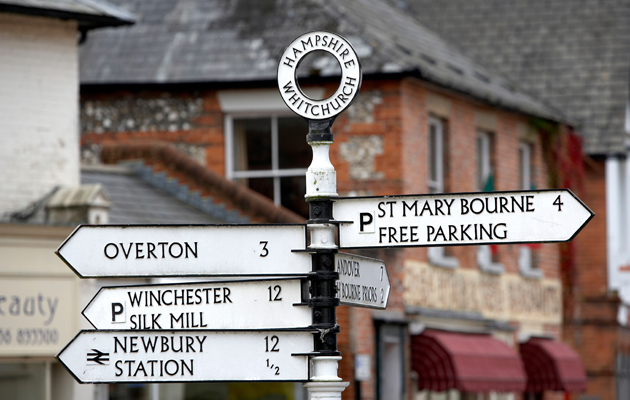
The best places to live for commuters: Hampshire
Overton, Winchester and Kingsclere offer a commutable country lifestyle.
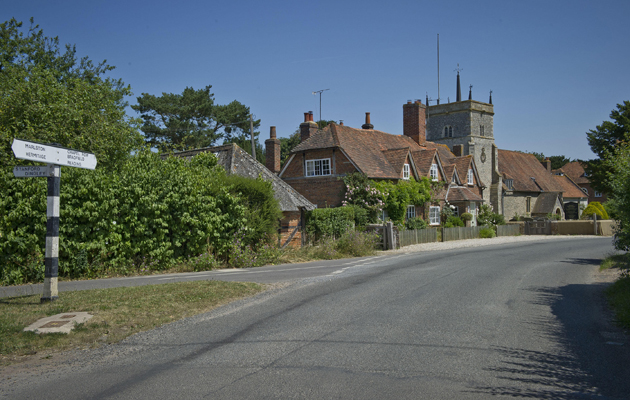
The best places to live for commuters: Berkshire
Country Life has identified the best places to live in Berkshire within easy reach of London for commuters.
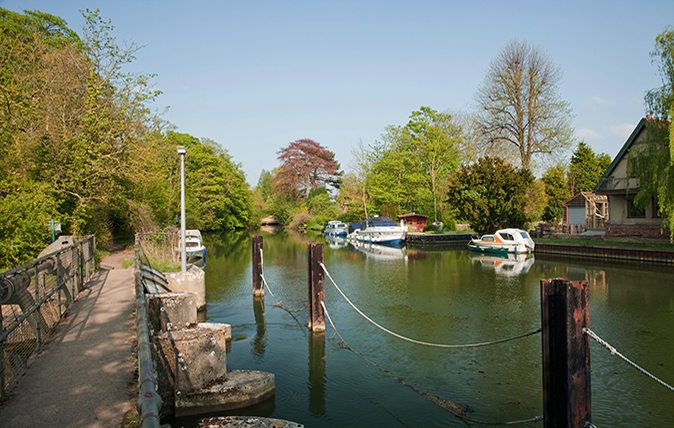
The best places to live for commuters: Oxfordshire
There are a good number of villages and towns in Oxfordshire on our list of the best places to live

The best places to live for commuters: Bedfordshire / Buckinghamshire
Country Life has identified the best towns and villages in Bedfordshire and Buckinghamshire for commuters looking for an easy journey

The best places to live for commuters: Warwickshire
Just one village in Warwickshire made it onto our list as commutable by train within an hour to London -

The best places to live for commuters: Hertfordshire
Here's our list of the most attractive villages in Hertfordshire which boast an easy commute into London.

The best places to live for commuters: Cambridgeshire
Country Life selects the best places to live in Cambridgeshire based on quality of life and an easy commute into

The best places to live for commuters: Suffolk
There are two places in Suffolk on our list of the best villages and towns close to London.

The best places to live for commuters: Essex
Good trains from Essex into Liverpool Street mean the county has five spots on the Country Life list of the

The best places to live for commuters: Kent
There are six villages and towns in Kent which made the list of our best places to live for commuters,
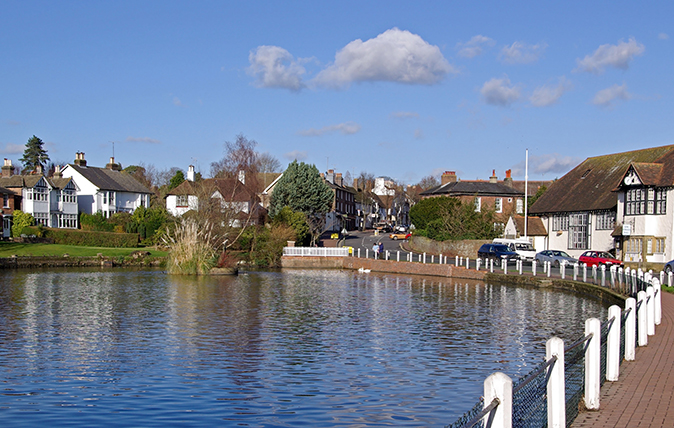
The best places to live for commuters: West Sussex
Two villages in West Sussex have been selected for our list of the best places to live near London for
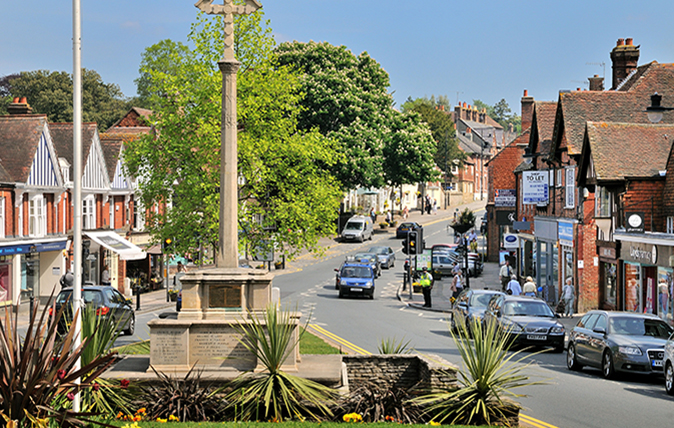
The best places to live near London: Surrey
There are seven villages and towns in Surrey which made the list of our best places to live near London
Country Life is unlike any other magazine: the only glossy weekly on the newsstand and the only magazine that has been guest-edited by His Majesty The King not once, but twice. It is a celebration of modern rural life and all its diverse joys and pleasures — that was first published in Queen Victoria's Diamond Jubilee year. Our eclectic mixture of witty and informative content — from the most up-to-date property news and commentary and a coveted glimpse inside some of the UK's best houses and gardens, to gardening, the arts and interior design, written by experts in their field — still cannot be found in print or online, anywhere else.
-
 Amelia Thomas: The woman who learned to talk to animals
Amelia Thomas: The woman who learned to talk to animalsAmelia Thomas, the real-life Dr Dolittle who spent years decoding how animals talk, joins James Fisher on the Country Life podcast.
-
 Country Life 5 November 2025
Country Life 5 November 2025Country Life 5 November 2025 looks at the 39 rules of living as a gentleman, Britain's most dangerous creatures and the art of war reporting.
